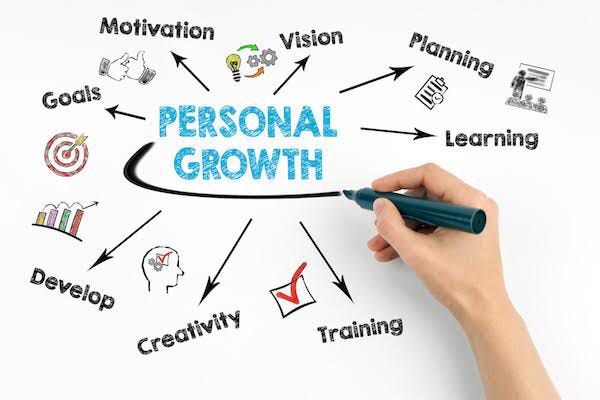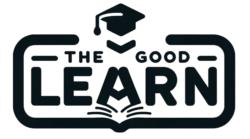In today’s fast-paced and ever-changing world, the concept of lifelong learning has become increasingly important for individuals seeking personal growth and professional development. Lifelong learning refers to the continuous acquisition of knowledge and skills throughout one’s life, with the aim of adapting to new challenges and opportunities.
The Importance of Lifelong Learning
Lifelong learning is crucial for personal development as it allows individuals to stay relevant and competitive in their chosen fields. With rapid advancements in technology and globalization, the skills that were once considered valuable may become obsolete over time. By embracing lifelong learning, individuals can keep up with the latest trends and developments in their industries, ensuring their skills remain current and in-demand.
Moreover, lifelong learning enhances personal growth and opens doors to new possibilities. It broadens your perspective, fosters critical thinking, and encourages creativity. Through continuous learning, you can explore new interests, discover hidden talents, and unleash your full potential.
Strategies for Continuous Personal Development

To embark on a journey of lifelong learning, it is essential to adopt effective strategies that facilitate continuous personal development. Here are some strategies to consider:
- Set Clear Goals: Start by setting clear and specific goals for your personal development. Identify the areas you wish to improve and define the skills or knowledge you want to acquire. Having a clear direction will help you stay focused and motivated.
- Embrace Technology: Leverage the power of technology to enhance your learning experience. Online courses, webinars, and educational apps provide convenient and flexible ways to acquire new skills and knowledge. Take advantage of these resources to expand your horizons.
- Read Widely: Make reading a habit. Explore various genres, including fiction, non-fiction, self-help, and industry-related books. Reading exposes you to different perspectives, broadens your knowledge base, and stimulates your imagination.
- Attend Workshops and Conferences: Participate in relevant workshops, conferences, and seminars related to your field of interest. These events provide valuable networking opportunities and allow you to learn from industry experts and thought leaders.
- Join Professional Associations: Become a member of professional associations or organizations in your field. These communities offer access to resources, training programs, and networking events, enabling you to stay connected with the latest industry trends and best practices.
Remember, lifelong learning is not limited to formal education. It encompasses a combination of formal, non-formal, and informal learning experiences. It can involve structured courses, self-study, mentoring, or even learning from real-life experiences. The key is to remain curious, adaptable, and committed to your personal growth and development.
By embracing the concept of lifelong learning and implementing effective strategies for continuous personal development, you can stay ahead of the curve, enhance your skills, and unlock new opportunities throughout your life’s journey.

